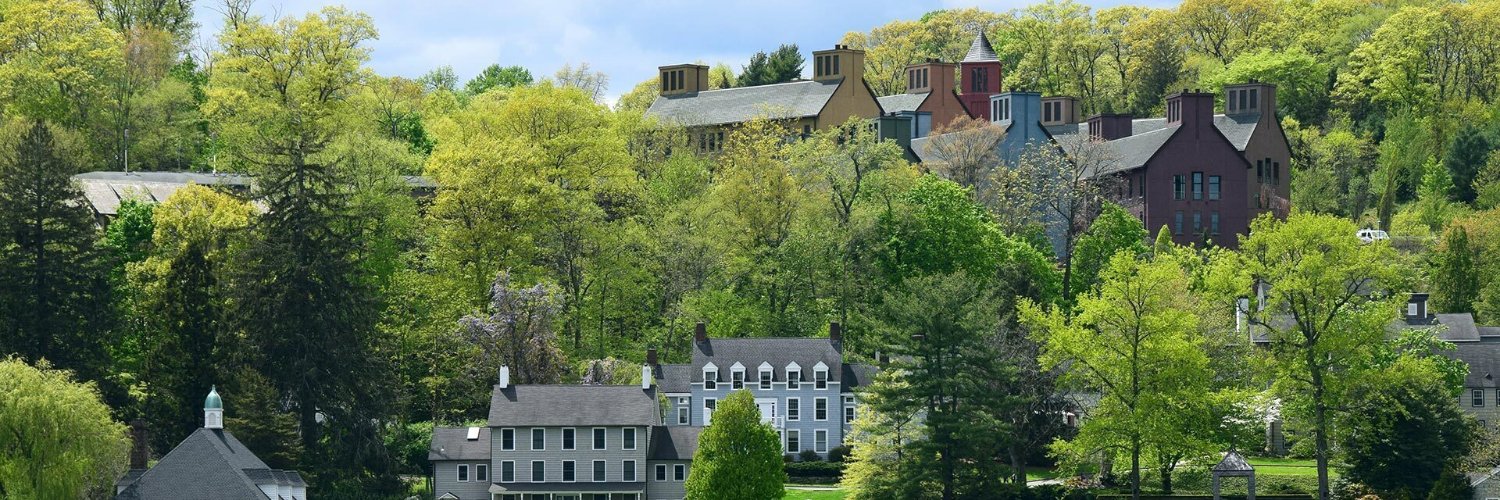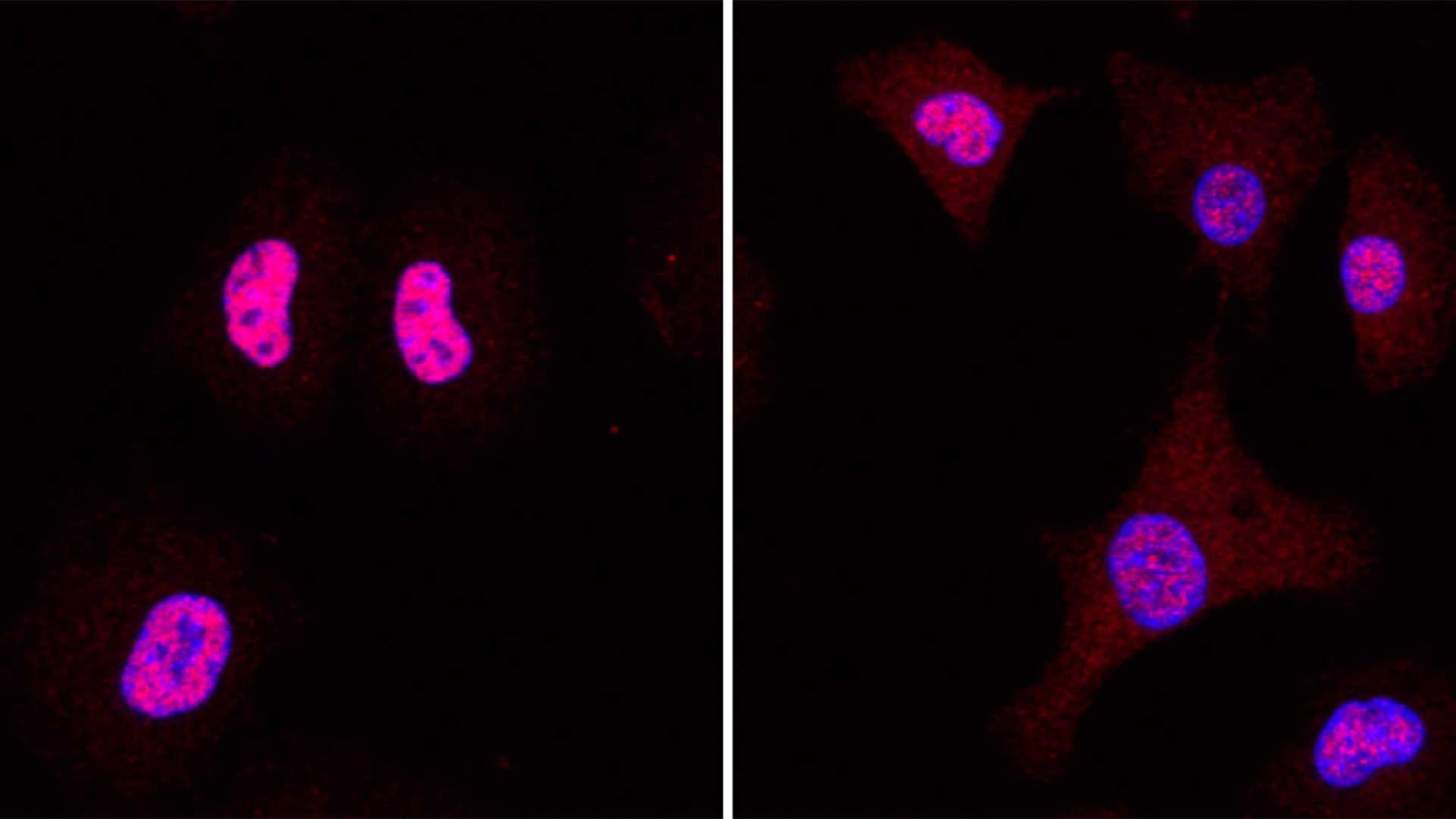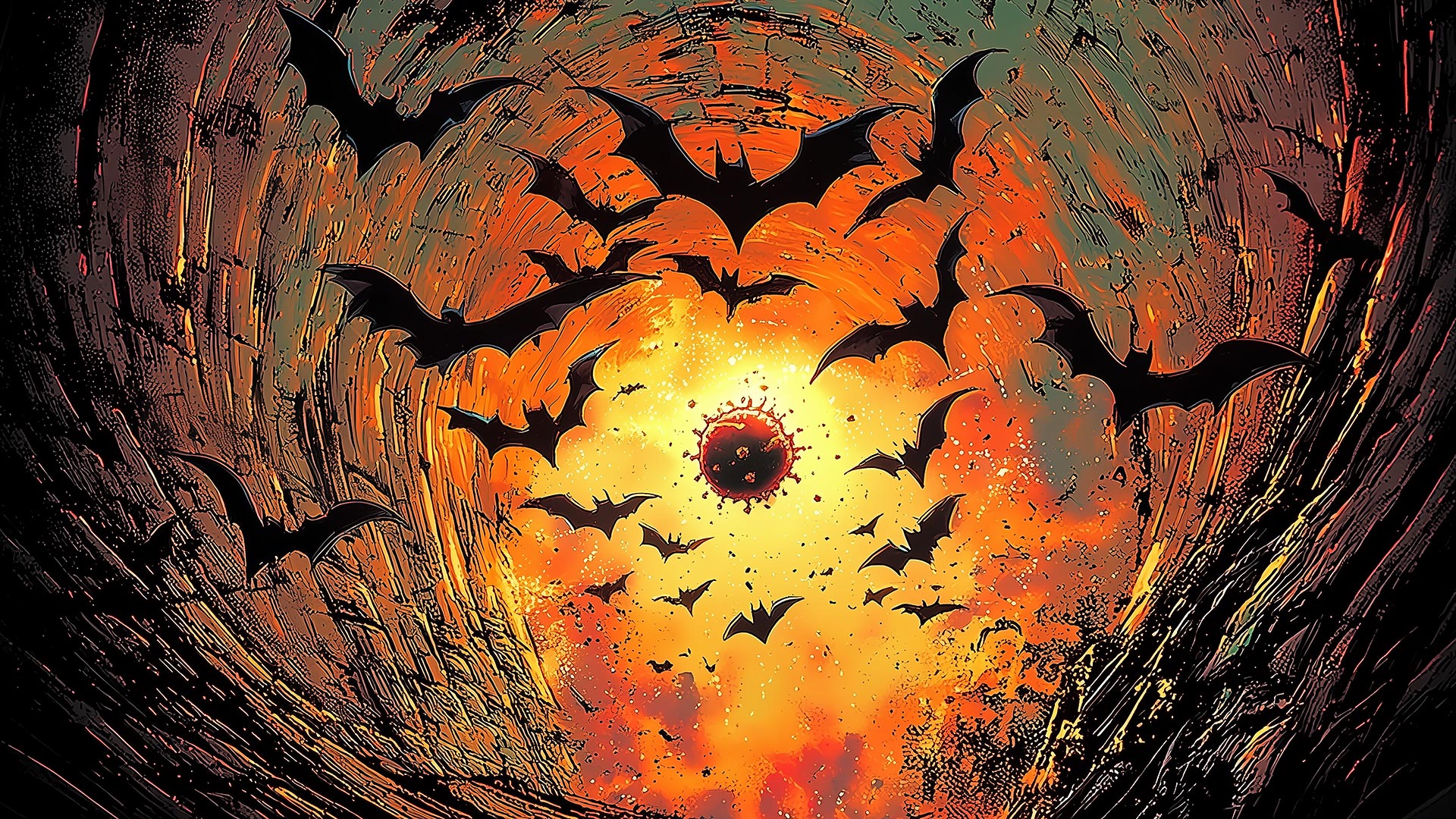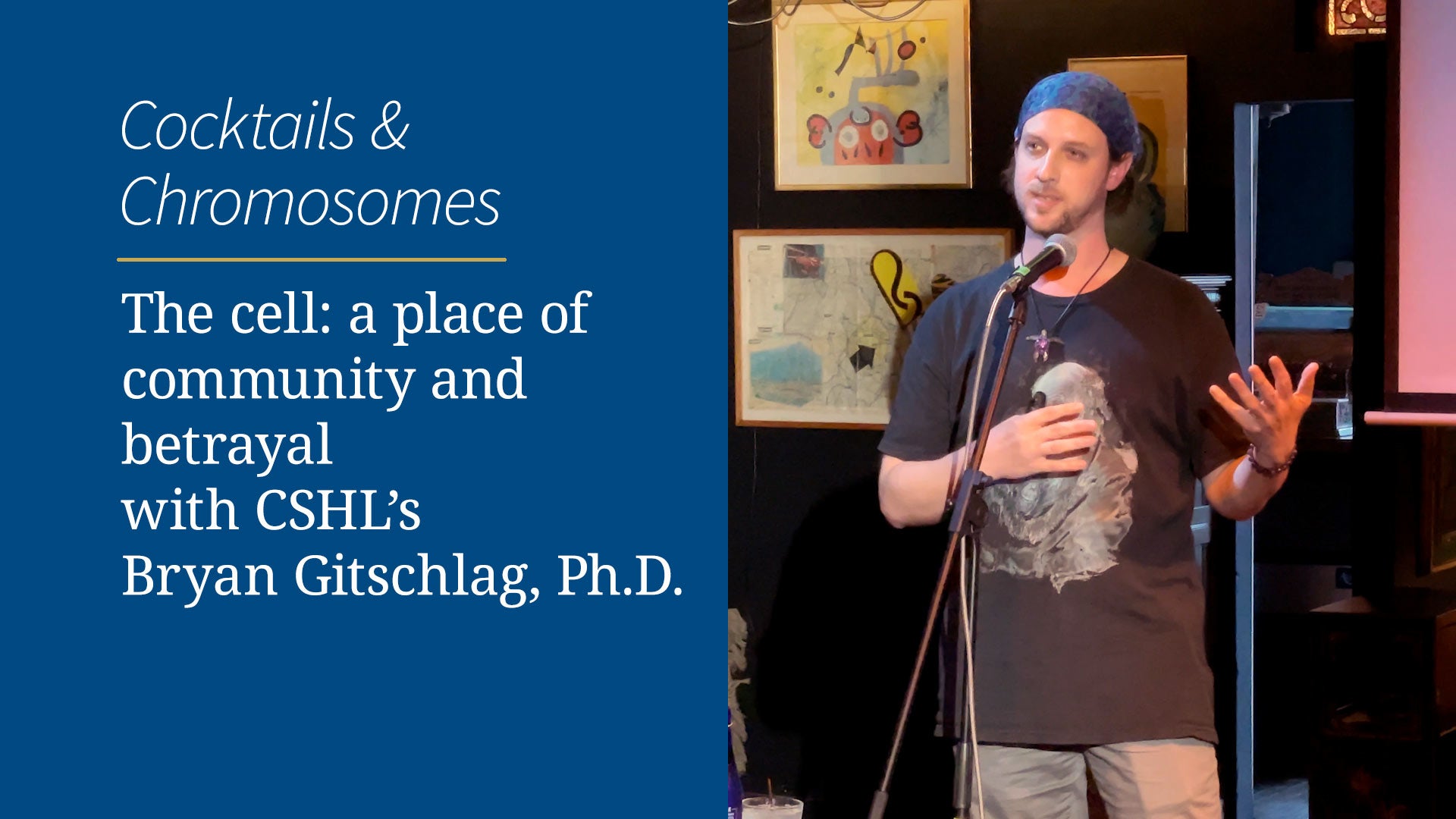
Cold Spring Harbor Laboratory
@CSHL
Non-profit research and educational institution at the forefront of molecular biology, cancer, neuroscience, plant biology, and genetics.
This #SarcomaAwarenessMonth, we’re honoring the partners who help turn hope into progress. The Christina Renna Foundation has donated over $550K to support #rhabdomyosarcoma research at CSHL—fueling discoveries in our labs and keeping Christina’s dream alive.…
CSHL’s Adrian Krainer has won the 2025 Heinrich Wieland Prize for his groundbreaking RNA research and the development of Spinraza—a lifesaving SMA treatment. Congrats, Dr. Krainer! cshl.edu/adrian-krainer… #CSHL #RNAresearch #Spinraza #SMA

What if cancer cells could forget they’re cancer? CSHL scientists found a clever way to shut down tumor growth in rhabdomyosarcoma—by targeting MARK2/3 instead of YAP/TAZ. Tumors shrank in lab models, offering hope for rare sarcomas and beyond. cshl.edu/flipping-cance……

Great to attend the @CSHL “topping out” ceremony marking the placement of the final piece of steel for Phase 1 of its Foundations for the Future project that will revolutionize health science research & could not be done without the financial support of @EmpireStateDev
Empire State Development President, CEO & Commissioner Hope Knight joined @SkanskaUSA & @CSHL to celebrate the topping out of the new AIQB building. Backed by $55M from ESD, the project will drive breakthroughs in neuroscience, cancer biology & AI.
Now through July 31, donations to @PennysFlight will be matched up to $100K to support research into Neurofibromatosis type 1 (NF1), a rare genetic condition that affects approximately 100,000 Americans. Penny’s Flight is a CSHL supporter. Learn more or donate here Penny’s…
The work was a great collaborative effort between my lab and @navlakha_lab at @CSHL largely driven by Amitava Banerjee, David Pattinson. Curious about BATCAVE and BATMAN? Read on ->
Developed by CSHL researchers, BATMAN is a new AI model trained to predict which cancer markers immune cells will target—while avoiding healthy ones. This could help scientists develop safer, more effective therapies for cancer & all human illnesses. cshl.edu/batman-brings-……

How did life get to be so complicated? CSHL postdoc Bryan Gitschlag posed that question at our latest Cocktails & Chromosomes—and took the audience on a wild ride through evolutionary biology to try and find some answers. cshl.edu/videos/cocktai…

Brain cancers like glioblastoma are notoriously hard to treat—but collaboration is how we move the needle. That’s why Cold Spring Harbor Laboratory recently hosted its first-ever meeting on Advancements in Brain Tumor Research & Therapy. cshl.edu/cshl-launches-…

From autism and Alzheimer’s to maternal instincts and mood disorders, here’s how CSHL researchers are decoding brain development, behavior, and disease on #WorldBrainDay and every day: cshl.edu/mind-blowing-n…

This year's edition, the 40th anniversary(!), of the CSHL Drosophila Neurobiology course is in the books! We wish our exceptionally talented students all the best for their careers! @JensRister @reis_lab @NufoTheFlyGuy @drosophilosophy @CSHL #cshlflycourse #scicomm #drosophila
Study leader and scientist Mikala Egeblad and Adrover found a new type of clot-causing neutrophil in triple negative breast cancers that is unable to exit the blood stream and, by forming NETs, causes tumor necrosis. Check out this exciting collaboration between CSHL, Johns…
Proud to share @niseto’s (new PI @TheCrick) paper: As a postdoc (@CSHL/@HopkinsMedicine), he found #NETs in necrotic tumors—I shrugged. But he looked closer: NETs block tumor vessel perfusion, causing necrosis, hypoxia, EMT & #Metastasis. nature.com/articles/s4158… @JHU_BDP @Nature
I’m happy to share our latest work on tumour necrosis! During my time in the @megeblad lab, we found that tumour necrosis is not a passive phenomenon secondary to tumour growth, but an active phenomenon driven by neutrophils and NETs! Thread below: (1/13) nature.com/articles/s4158…
Bigger yields, better medicines, and lots of tomatoes.
Researchers at the renowned Cold Spring Harbor Laboratory have documented 35,000 tomato branches over three years. @GusoffTV reports. cbsloc.al/4nJM4cz
What happens when researchers, clinicians, and advocates unite around a rare disease like NF1? Progress. In collaboration with Penny's Flight, CSHL’s Banbury Center gathered experts to rethink NF1 care. Their new framework could transform how we detect & treat learning delays in…
Grateful to have been part of #ATMN at @CSHL 🧠🧪 Two intense weeks of cutting-edge neuroscience, long lab days, little sleep — and one of the most fun, inspiring, and unique experiences of my scientific career! Thanks to the instructors, TAs, and the best fellows 💙🙌 #Neuro
July is Sarcoma Awareness Month—a time to shine a light on rare cancers that often go undetected until they’ve progressed. At CSHL, we try to understand the disease at its roots to uncover better treatments and therapeutic targets. cshl.edu/podcasts/at-th…

New research from CSHL’s Zach Lippman, David McCandlish, and collaborators uncovers cryptic mutations—hidden genetic changes that only show up under certain conditions and shape plant traits. Understanding these could lead to better crops and better medicines.…